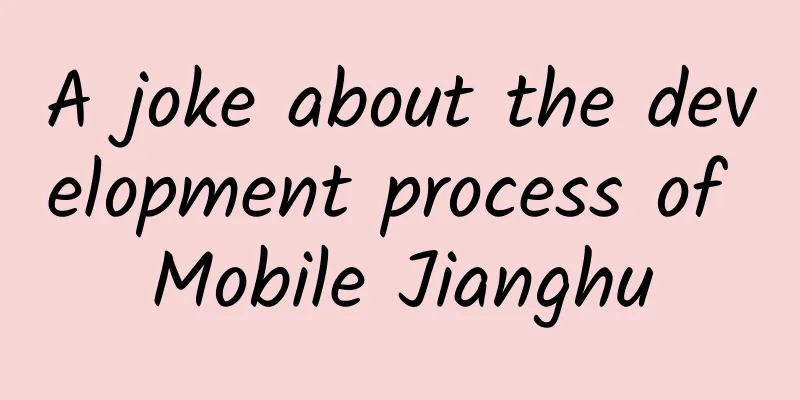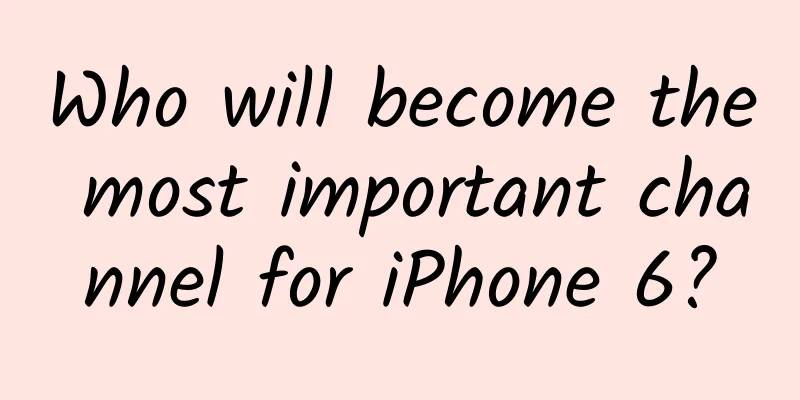Everyone says Alipay is better than WeChat, so why is WeChat payment used more often?

|
If you pay close attention, you may find a strange phenomenon. In Internet opinion, netizens almost unanimously believe that Alipay is more useful than WeChat. However, in offline life scenarios such as supermarkets, convenience stores, and food stalls, you will find that WeChat payment absolutely accounts for the majority. So in reality, which one is better, Alipay or WeChat? Which one is more powerful, Alipay or WeChat? Let's take a look at the latest data. In the first quarter of 2020, Alipay accounted for 48.44% of the market share among China's third-party payment platforms, ranking first; followed by Tencent WeChat Pay with 33.59% , and UnionPay with only 7.19%. So from this objective data, Alipay is indeed the undisputed leader in mobile payments. But this seems to be different from what we usually see. It seems that WeChat payments account for the vast majority in daily life. Why is this? This has a lot to do with the product positioning of Alipay and WeChat Pay. Let’s talk about Alipay first. From the name of this product we can see that it is positioned as a professional payment application. As for other life services and communication functions, they are actually auxiliary functions set up around the theme of “payment”. The fundamental reason why Alipay occupies such a large market share is that it is supported by the large platform of Alibaba. Ali’s multiple e-commerce platforms and financial platforms, such as Taobao, Tmall, and Ant, all use Alipay to transfer funds, making Alipay the blood vessels and veins of Ali’s huge system. In actual applications, apart from red envelopes between relatives and friends, some more formal transfers are actually more often done through Alipay. And as Alipay's status in the financial field increases, many commercial transfers are actually gradually beginning to accept Alipay. Another point that must be mentioned is that Alipay has opened up face-scanning payment on many offline smart terminals, which is very convenient without the need for a mobile phone. For example, face-scanning machines in some convenience stores and vending machines commonly seen in shopping malls and subways can all be seen, which is really convenient. It has to be said that Alipay has been very successful in all payment areas in today's life, but it is always inferior to WeChat in social aspects. This is also the fundamental reason why WeChat appears more frequently in life scenes. To put it bluntly, WeChat is mostly used for red envelopes sent between friends or leaders and elders, mostly in the form of loose change. This amount of money is not too much, but not too little either. There is a handling fee for withdrawing it, so it is better to use it for normal consumption, which is convenient. After all, we usually use WeChat, so we can just scan it. If we open Alipay and click on the payment, it will be a bit troublesome. However, the most complained thing about WeChat is that the withdrawal and transfer fee-free limit is too low. Fundamentally speaking, WeChat's thinking has always been a continuation of the product development logic of the QQ era, which is that the emperor's daughter will never have trouble finding a husband. Tencent has WeChat, a super-large traffic portal, so it is easy to do whatever it wants. There is no solution. Although many people only place a small amount of money in WeChat, the more than 1.2 billion monthly active users are enough to "build a tower out of a pile of sand", providing Tencent with a large enough pool of funds. So are Alipay and WeChat competitors? I don't think so. Alipay is mainly focused on payment and social interaction, while WeChat is mainly focused on social interaction and payment. Although the oligarchs are in a competitive relationship, they also retain a trace of tacit understanding, which is the origin of the misaligned competition pattern. Everyone can make money, why bother to fight to the death? |
Recommend
Tech Neo Technology Salon - Issue 14 - IT Operation and Maintenance Practice and Exploration Based on Algorithms
【51CTO.com original article】 [51CTO original arti...
Do you need to wash raisins before eating them? I realized after reading this that I had been eating them wrong all along.
This article was reviewed by Liu Shaowei, food sa...
Community operation, what exactly is it?
I have been engaged in community operations for P...
Strawberries have the most pesticides? Are all large strawberries sprayed with growth enhancers? 7 questions about strawberries answered all at once!
Image from: freepik.com It’s the season for eatin...
How much does it cost to be an agent for a homestay mini program in Hengshui?
Why should you be an agent for WeChat Mini Progra...
Tencent advertising promotion quantity, time and basic overview!
1.How many ads can one account create? In one acc...
90-day "space mission" - this is how they spent it
Everyone must be familiar with the three astronau...
Why are natural language interaction tools that are more human-like the more likely they are to disappoint people?
With Siri as a precedent, anthropomorphism has be...
Hongmeng Intelligent Driving ushers in another OTA upgrade, and the large-model car-mounted Xiaoyi unlocks more voice skills!
Recently, Hongmeng Intelligent Driving has ushere...
Is it really dangerous to exercise after staying up late?
Fitness is undoubtedly a good habit. Drink a cup ...
How much does it cost to produce the Hechi B&B mini program? How much does it cost to produce the Hechi B&B mini program?
How much does it cost to produce the Hechi B&...
Four user growth strategies for online education institutions!
How to achieve growth in the field of online educ...
Breaking through the "bottleneck" technology and achieving "free use of snow" in the Winter Olympics
The snow used in the Winter Olympics does not rel...
How SEO Got My App 150,000 Downloads
After reading this article, I have a question: th...









